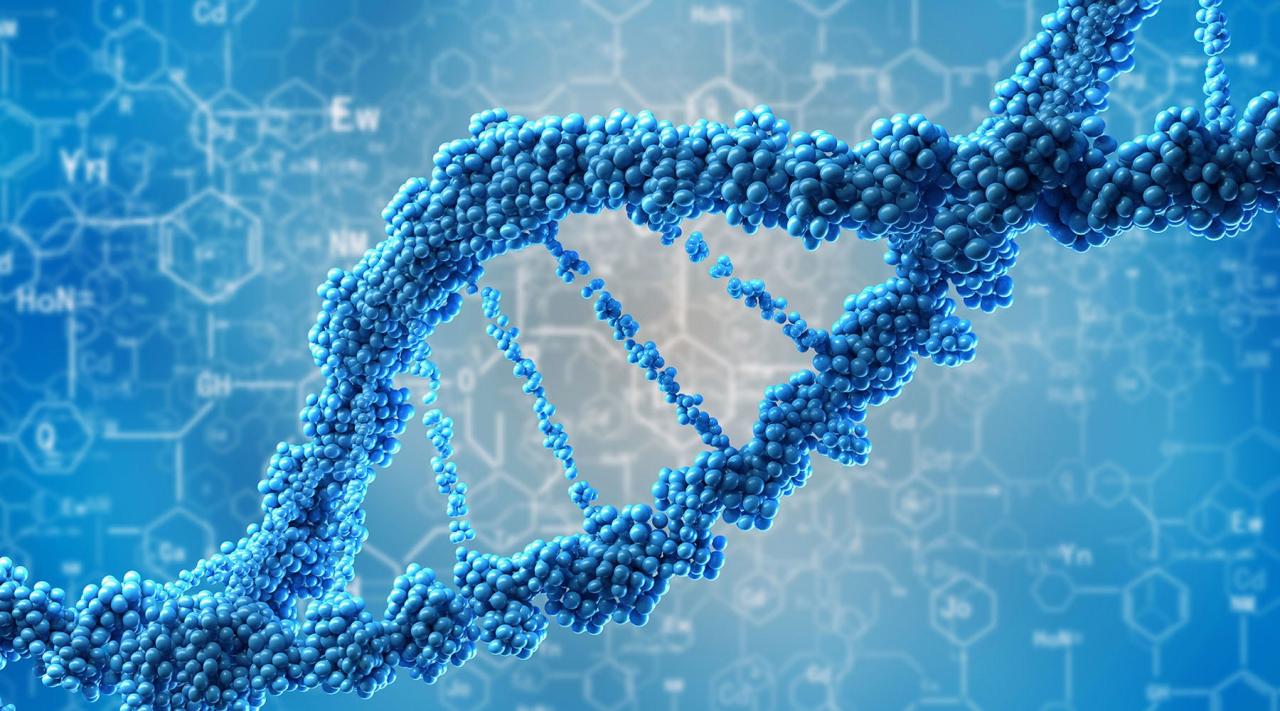
Biotechnology
Biotechnology is the use of biological processes, organisms, or systems to develop technologies and products that improve the lives of humans and other organisms. It encompasses a wide range of disciplines, including molecular biology, biochemistry, cell biology, genetics, and engineering.
Applications of Biotechnology
Biotechnology has a vast array of applications across various industries and fields:
- Medicine: Developing new drugs, vaccines, gene therapies, and diagnostic tools to treat and prevent diseases.
- Agriculture: Improving crop yields, resistance to pests and diseases, and nutritional value of food.
- Industrial: Producing biofuels, bioplastics, and other sustainable materials.
- Environmental: Bioremediation, pollution control, and waste management.
- Forensics: DNA analysis for criminal investigations and identification.
Types of Biotechnology
Biotechnology is classified into several types based on the specific techniques and organisms involved:
- Genetic Engineering: Modifying the genetic material of organisms to alter their traits or introduce new functions.
- Molecular Biotechnology: Using techniques like PCR, DNA sequencing, and gene cloning to manipulate and study DNA.
- Microbiology: Studying microorganisms (bacteria, fungi, viruses) and their applications in various fields, such as fermentation and antibiotics production.
- Cell Culture Technology: Growing cells in the laboratory to study their behavior, produce vaccines, or develop cell-based therapies.
- Tissue Engineering: Creating functional tissues or organs from living cells or synthetic materials for transplantation or research purposes.
Benefits of Biotechnology
Biotechnology has numerous benefits for society and the environment:
- Improved healthcare: Development of life-saving treatments and therapies for diseases.
- Enhanced food production: Providing sustainable solutions to global food security.
- Reduced environmental impact: Biodegradable and renewable alternatives to traditional materials.
- Scientific advancements: Providing insights into biological processes and fostering new discoveries.
- Economic growth: Creating new industries and jobs in the biotechnology sector.
Challenges of Biotechnology
While biotechnology offers great promise, it also faces certain challenges:
- Ethical concerns: Raising questions about genetic manipulation and its potential impact on human health and the environment.
- Regulation: Ensuring the safe and responsible use of biotechnology applications.
- High costs: Developing and implementing biotechnology technologies can be expensive.
- Public perception: Addressing misconceptions and fears surrounding genetic engineering and other biotechnology practices.
- Patent issues: Managing intellectual property rights and ensuring equitable access to biotechnology innovations.
Conclusion
Biotechnology is a rapidly evolving field that holds immense potential to revolutionize many aspects of our lives. By harnessing the power of biological systems, we can develop innovative solutions to global challenges and improve the well-being of humans and the environment. However, it is crucial to address ethical concerns, ensure responsible use, and engage in public dialogue to foster a balanced and informed understanding of biotechnology’s role in shaping the future.


